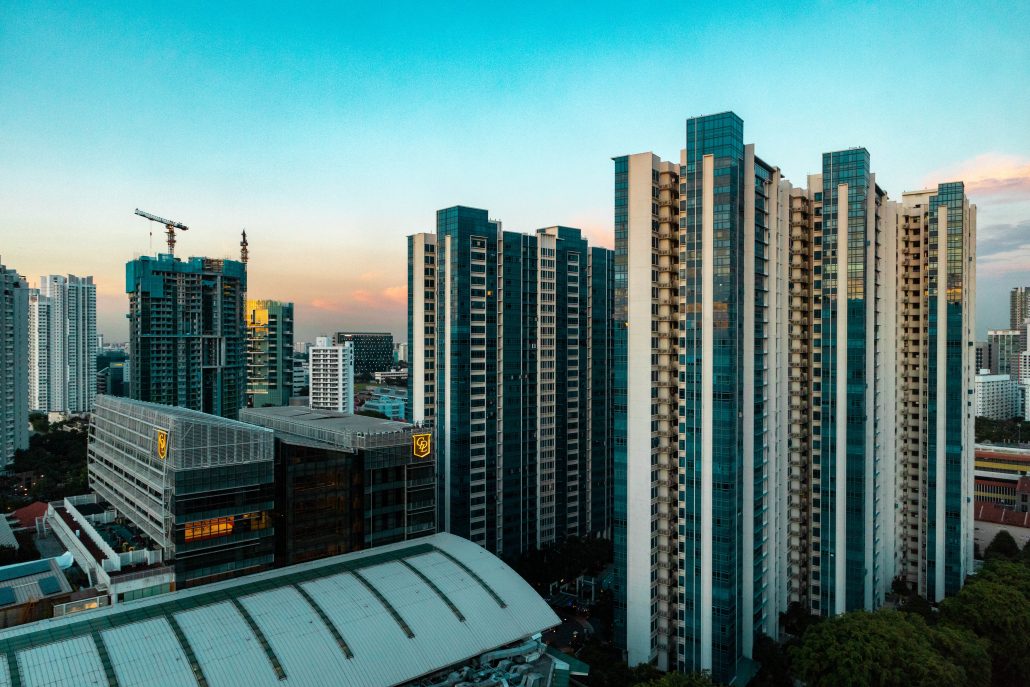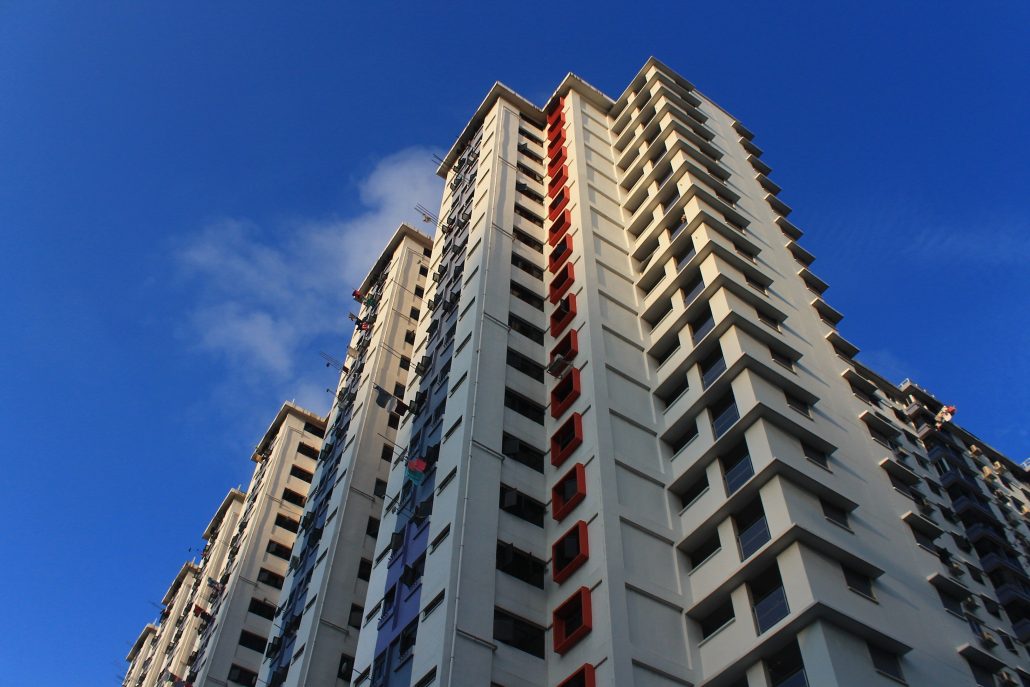Since April 2020, it was common of headlines featuring published data of home sales transactions increasing despite the ‘lockdown’ period where all physical viewings were not allowed. This trend was happening for both the private and public housing market. This was contrary to what many believed that an onset of a pandemic would cause poor market sentiments, resulting in an eventual property market slump.
Instead, some of the affluent have gone on to acquire bigger and more expensive real estate pieces, such as the founder of Dyson, James Dyson. He had purchased a Good Class Bungalow (GCB) costing $45million located in Bukit Timah. Although the market seems to reflect a certain resilience, but is the local real estate scene really all that pandemic-proof as it seems? In this article, we will evaluate the possible reasons that could have contributed to the outcome that we see in the property market today and figure out whether the real estate market is truly a pandemic proof asset class!

Reason 1: Interest-rate cuts, all-time low attractive mortgage packages
Banks in Singapore peg mortgage finance packages to 3M-SIBOR rates, which are closely related to movements in the Federal Reserve in the United States, who is facing one of the greatest national melt-down, amidst daily surges in reported COVID-19 infected cases and death rates. The US market has adopted a near-zero interest rate cut for the foreseeable future, in the hopes of encouraging expenditure amidst a crisis. As such, Singapore banks are currently offering highly competitive rates which is around half of HDB loan interest rate of 2.6%, depending on the loan quantum. Many individuals have also sought to refinance their loan packages, in the hopes to secure lower interest rate payables given the current market conditions.
Low interest rates serve as a double-edged sword, on one hand, it would incentivize more individuals to purchase an additional property to add to their fleet of investment vehicles. On the other hand, it does not encourage keeping spare cash reserves with the bank which earns minimal interest rates at this point in time.
Reason 2: Delays in BTO construction and waiting time reduces its appeal
The construction industry’s new normal includes safe-distancing measures and revised work protocols. Especially after Singapore experienced one of its worst outbreaks of COVID-19 cross-infections in its foreign worker dormitories, accounting for nearly 69% of the total infection cases in Singapore. Until a successful vaccine is found and disseminated, construction projects will only allow a smaller portion of its foreign workers to be on site at any given point in time, reducing the amount of work done and resulting in overall delays.
The BTOs projects that were launched in August 2020 may take up to 5 years to complete to due safety measures. One of projects, UrbanVille @ Woodlands, was reported to have one of the longest waits in the history of BTO construction periods of up to 62 months, set to be completed only in the second quarter of 2026. While BTOs have always been a stiff source of competition especially amongst first-time buyers given its budget-friendly traits, delayed construction periods would mean that couples and families may have to delay their long-term plans, which reduces the overall appeal of applying for a BTO unit.
This could be one of the possible reasons for the increase in resale transaction prices in the public housing market, given that resale flats provide greater flexibility. Interested buyers are able to control more variables such as the unit number and location, amongst other considerations. In addition, to dissipate and reduce the concentration on BTOs, the government had increased the value of grants and subsidies for buyers interested in a resale flat. This would mean the cost of buying a resale would be reduced significantly, making it a more financially viable option for more young families and thus, accounting for the increase in resale transactions.

Reason 3: Re-issue of Option to Purchases have mislead market analysis
In our previous article “An Abrupt Freeze To A Long-Standing Procedure: URA Halts Re-Issue Of Option To Purchase”, we touched on how unregulated arrangements between home buyers and private developers had led to a severe misrepresentation of sales volumes in the private real estate market. The Re-issue of Option to Purchase with extended and indefinite deadlines resulted in the inflation of sales transactions, with more than two-thirds of the Options being ‘returned’, or otherwise not exercised. This results in a false representation of the market and might therefore have mitigated the true impact of COVID-19 on the market, therefore making it appear that the property market remains resilient as an asset class.
The only way to ascertain if the private property market is truly unfazed by the pandemic would be to evaluate statistics from Q4, where buyers are given a strict Option to Purchase period, of which failure to exercise would lead to an immediate lapse. These would provide a more accurate picture and correlation between the pandemic and market sentiments.
There are definitely more reasons that could account for the surprising resilience seen in the local real estate market amidst the pandemic. As global events continue to unfold, Singapore’s real estate market could receive more attention given our safe geo-political standing and natural disaster-free climate. Who knows what the Singapore landscape could look like 10 years down the road?
Want to find the best mortgage rate in town? Check out our free comparison service to learn more!
Read more of our posts below!

